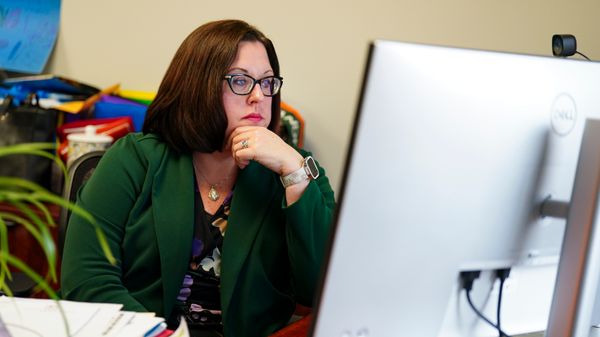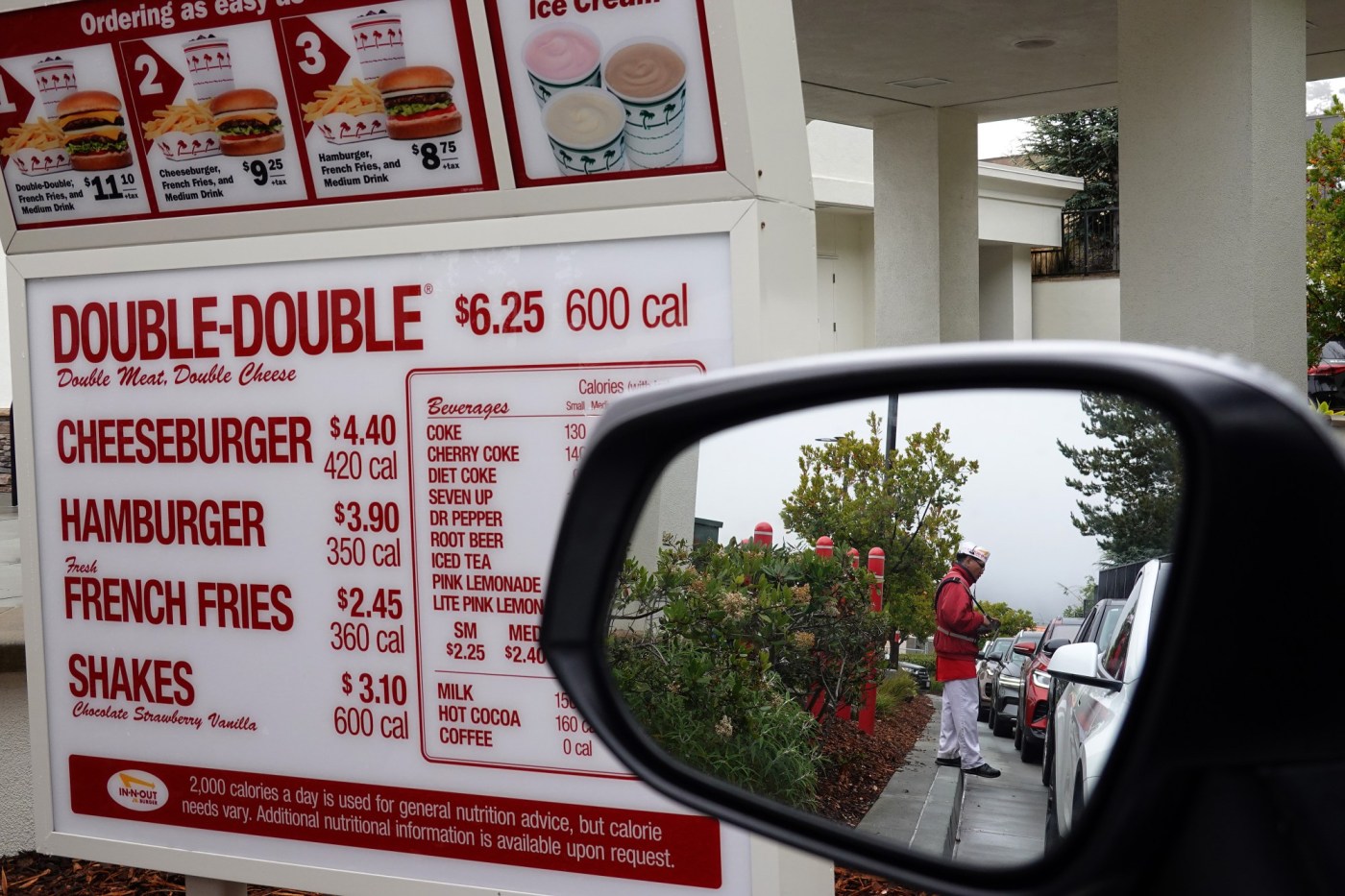URGENT UPDATE: Schools across Pennsylvania are facing severe funding crises as the state budget remains nearly four months overdue. Administrators are forced to cut after-school programs, freeze hiring, and take out costly loans to support basic operations.
The financial strain is hitting districts hard, especially those in poorer areas where state funding is crucial. “This impasse is kinder and gentler in communities that aren’t like mine,” said Amy Arcurio, Superintendent of the Greater Johnstown School District, highlighting the inequities exacerbated by the budget delay.
In Johnstown, where the district relies on state funding for over half of its revenue, the absence of financial support has led to a $10 million loan being taken to keep the schools operational through the end of the school year. As of now, only $12.6 million of its $45.6 million budget is expected from local taxes, with the remaining $25.9 million dependent on state funds.
During a virtual news conference held in late October, Sherri Smith of the Pennsylvania Association of School Administrators warned that many districts are nearing a tipping point. “More and more districts will not be in a place where all programs can continue,” she stated, emphasizing the urgency of the situation.
Schools like Scranton School District have already eliminated after-school tutoring and professional development classes to ensure they can meet payroll through the end of the year. Erin Keating, Scranton’s Superintendent, expressed the need for “fiscal conservatism” as they navigate through this financial crisis.
Other districts, including Norristown Area School District and Franklin Area School District, are similarly pausing hiring and delaying essential purchases. “We have no choice but to make these cuts,” said Christopher Dormer, Superintendent of Norristown.
This budget impasse, the longest during Governor Josh Shapiro’s tenure, has forced districts to make tough decisions earlier in the school year. The lack of state funding has caused many to consider loans, which, while providing immediate relief, will incur future costs.
Schools are facing critical choices as they work to maintain educational standards. Frank Redmon, Superintendent of Keystone Central, noted that if the impasse continues into 2026, they may have to draw from reserves or take on debt, impacting future budgets.
The emotional toll on communities is palpable. Arcurio fears that this budget crisis could become the “new norm” for public education in Pennsylvania. “I am really fearful for what next year is going to be like,” she said, voicing concerns for students who rely on the programs being cut.
As the clock ticks on this budget stalemate, districts across Pennsylvania are left in a precarious position. With student programs on the line and financial futures uncertain, the urgency for a resolution has never been greater. Schools are not just fighting for funds; they are battling to ensure every student receives the education they deserve.
The situation in Pennsylvania serves as a critical reminder of the importance of stable funding for education and the far-reaching impacts of legislative delays. Stay tuned for further updates as this developing story unfolds.







